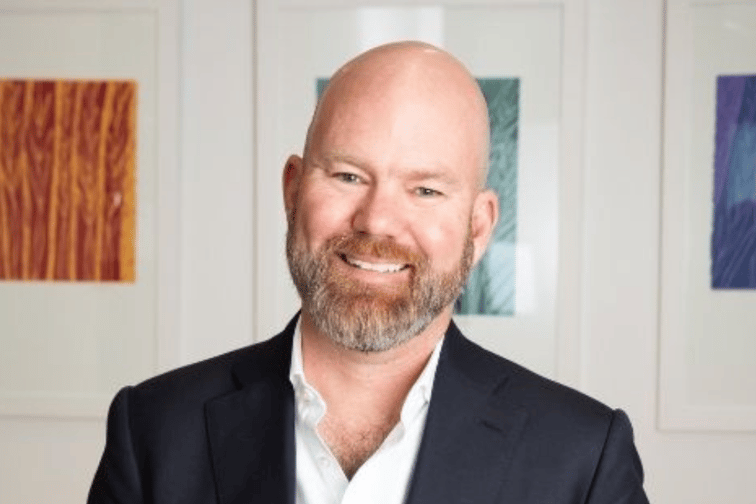

A concerning number of Australians have been ditching insurance as premiums skyrocket, according to the Insurance Council of Australia (ICA) CEO Andrew Hall (pictured).
In his National Press Club speech in Canberra, Hall highlighted the impacts of natural disasters and cyber threats on the Australian insurance industry.
“All of these pressures have come together to create a perfect storm in insurance markets. Risk is being repriced. The pressures and costs are increasing. The trend lines are all going one way. Because of these pressures, insurers’ input costs are going up and up,” he said. “Some of the biggest price adjustments in nearly two decades have gone through the insurance system. All of this is occurring at a time when homeowners have experienced 13 successive interest rate rises over 18 months. Amid a cost-of-living crisis, with interest rates and energy costs increasing, families and households are making difficult choices about their budgets.”
Hall said extreme weather events, cyber threats, and other factors pushing up insurance costs have resulted in a protection gap – the extent to which potential economic losses are not covered by private insurance – which has widened mainly in the home, contents, and car insurance markets.
With many Australians facing financial woes due to inflation and other factors, more households and businesses are reducing or completely ditching their insurance coverage.
“We are seeing a rise in people who are not insured or are underinsured – particularly in those areas where the threat of high natural peril risk is driving the biggest increases in premiums,” Hall said. “Recent modelling by the Actuaries Institute estimated that more than a million Australian households face home insurance affordability stress – and that this is most pronounced in areas with high cyclone and flood risk.”
Hall warned that protection gap could result in:
“For the industry, this is the key problem to solve in this time of dramatic change,” Hall said. “We must reflect on our recent experiences as an industry as well as identifying the trends before us.”
